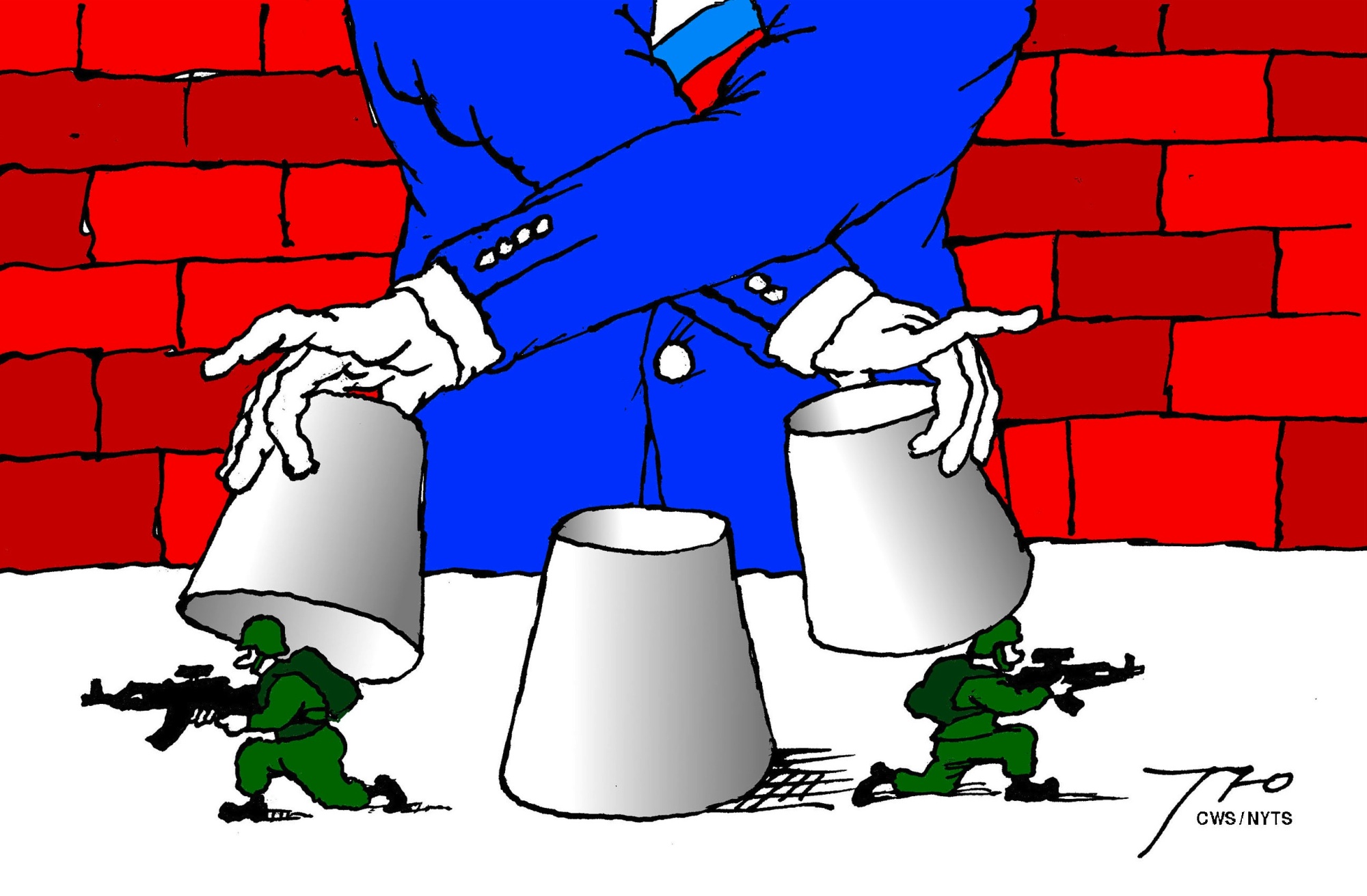Russian President Vladimir Putin on Thursday made clear his priorities for his next six-year presidential term: He spent about as much time talking about Russia's new strategic weaponry as about all domestic policies put together.
Revanchism and confrontation continue to drive Putin's agenda. In the meantime, he appears to believe that Russia's internal problems will largely fix themselves if he sets ambitious enough goals. That, regardless of the new weaponry, is a disaster in the making.
Putin's two-hour speech was designed to double as an annual state of the nation address and the centerpiece of Putin's campaign ahead of the March 18 presidential ballot. Despite a novel presentation with infographics flashing on giant screens, nothing about the first hour of the speech was particularly new or revealing. The Russian leader, who has been in power for 18 years, has the luxury of comparing current well-being indicators with those Russia had in 2000 or 2001, and he used it extensively, boasting that Russians took out about 1 million mortgages in 2017 compared with 4,000 in 2001 and that 20 million Russian live below the poverty line now, compared to 42 million in 2000. Not once did Putin mention the oil boom that made the improvements possible.



